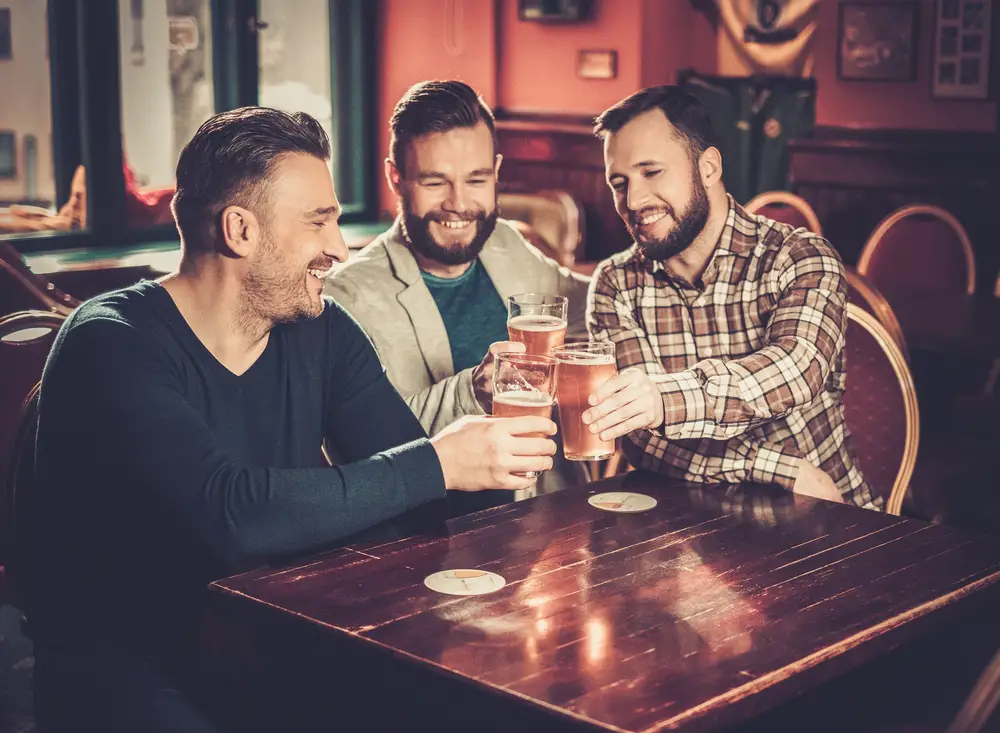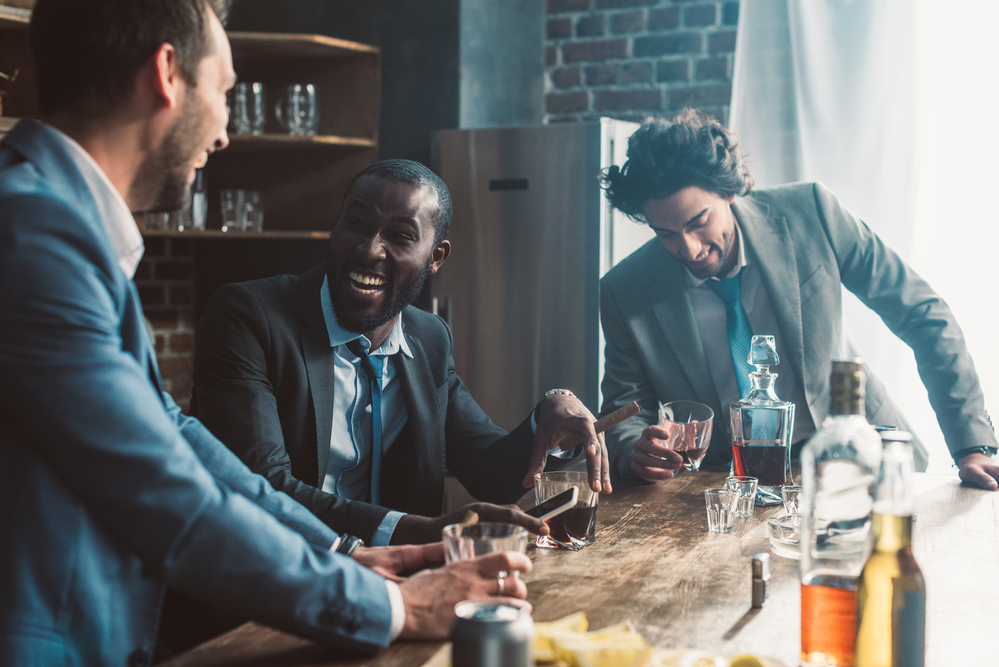A quote in Homer’s Odyssey goes something like this, “[I]t is the wine that leads me on, the wild wine that sets the wisest man to sing at the top of his lungs, laugh like a fool — it drives the man to dance… it even tempts him to blurt out stories better never told.” Wine was important to ancient Greeks during the time when Homer’s Illiad and Odyssey were written, more so than water, thus the reference to wine. But we can replace wine in the quote with just about any alcoholic drink and find it to make complete sense.
Table of Contents
ToggleEffects of drinking alcohol
A psychoactive substance, alcohol, affects the brain, causing chemical changes resulting from secretions and inhibitions of neurotransmitters. The release of two special neurotransmitters, dopamine, and endorphins, produces feelings of euphoria, pleasure, relaxation, and joy. But these are just the short-term effects because after they wear off, you can say goodbye to a dreamy state of being and welcome the adverse consequences of alcohol in the system as the liver tries hard to break it down and remove it from the body. It is therefore recommended to always drink in moderation so that you are spared the bad hangovers the next day.
There’s a reason people drink alcohol

Despite the potentially negative effects of overconsumption, such as a hangover the next day or even alcohol poisoning, people drink alcohol quite regularly. And the reasons are pretty self-evident. Alcohol is a social drink because it makes you feel less inhibited by making you more confident, relaxed, and less anxious. Your uninhibited mind is then prone to responding to social cues in a more open manner and becomes more sensitive to the slightest signal it receives from the surrounding environment.
In a study, a group of 48 participants was divided, with some given an alcoholic beverage and the others a non-alcoholic drink. They were then shown a humorous movie. The results showed that participants who had had alcohol prior to watching the film laughed and amused themselves more than their counterparts who did not consume alcohol.
Jokes are funnier when you drink alcohol
With all the neurotransmitters jumping around in your brain that make you feel happy, your mind is in an altered state. And with the release of endorphins and dopamine, the body’s feel-good hormones, you take things that are even slightly funny and make them into the jokes of the century. Thus, all jokes, even the lamest ones, will be hilarious to a drunk, and they will most likely advertise the joke all throughout the evening while their drunk state lasts.
Happy drunks enjoy themselves more

People often wonder how they come off to other people when they are totally buzzed. While they may try their best to act normal and feel like they blend in perfectly well with the people around them, the reality might be totally different. But one thing’s for sure; happy drunks are the life of the party because they:
- Laugh and smile all the time and have the time of their lives no matter where they are.
- They are talkative and can’t shut up for the entire evening, with the highlight of their conversations being random stories that are repeated to everyone throughout the party.
- Become the biggest huggers on the planet, embracing everyone they find.
- Start enjoying everything deeply, from the music that’s on to the conversations they have with other people.
- Dance all night long, even if they are not big on dancing when they are sober.
- Remember old stories and can’t stop thinking about them.
- Don’t want the night to end.
- Drunk dial people, they know to tell them all about the fun they’ve had while on their way home.
Laughter is contagious
We all know that fun drunks laugh more, but laughter in itself is contagious. This means that when drunk people look at other people laughing, they can catch it and start laughing themselves. “Laughter is a social phenomenon,” says a neuroscientist from University College London and adds saying, “Contagious laughter demonstrates affection and affiliation. Even being in the presence of people you expect to be funny will prime laughter within you.” This process is very similar to how if one person yawns, people looking at that person will start yawning too.
“We simply copy the behavior and laughter of others,” says a brain researcher and professor from Finland’s Aalto University School of Science. “Someone else’s act of laughing is first perceived when seen or heard, and this sensory information is then converted into the same area of the observers’ brain.”
And, being a social phenomenon, laughter brings people together and helps them connect to each other on a deeper level. The contagion is very much at work when people get together and socialize over drinks. Since alcohol tunes down feelings of anxiety and lets you loose, the laughter you see and hear around you while drunk will have a much bigger impact on your reaction. However, laughter is much more common when you are with a group of people than when you are alone; as a psychologist said, “You’re 30 times more likely to laugh with other people than you are on your own.”
The end goal is to have fun
Whether you laugh a lot when drunk or not at all doesn’t matter as long as you’re having fun, everyone’s reaction to different social situations will be different, and that’s okay. The goal is to connect with the people around you and live in the moment without forcing yourself to laugh. Alcohol has a magic ability to let you be comfortable in your own unique self. Once you drink, you wouldn’t really get all that nervous about laughing or not. In fact, you wouldn’t worry all that much about appearances. Your sole focus will be the party you’re attending and the people that are all around you.

I am a passionate beer connoisseur with a deep appreciation for the art and science of brewing. With years of experience tasting and evaluating various beers, I love to share my opinions and insights with others and I am always eager to engage in lively discussions about my favorite beverage.

















